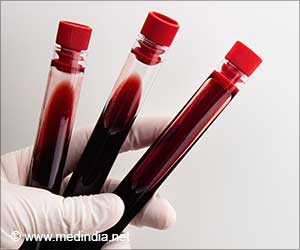Scientists have found that the skin of pumpkin contains a substance with an antibacterial effect against microbes that cause millions of cases of yeast infections in adults and infants each year.
Scientists have found that the skin of pumpkin contains a substance with an antibacterial effect against microbes that cause millions of cases of yeast infections in adults and infants each year.
Some disease-causing microbes are becoming resistant to existing antibiotics. As a result, scientists worldwide are searching for new antibiotics.Previous studies have hinted that pumpkin, long used as folk medicine in some countries, might have antibiotic effects.
In the new study, Kyung-Soo Hahm, Yoonkyung Park and colleagues extracted proteins from pumpkin rinds to see if the proteins inhibit the growth of microbes, including Candida albicans (C. albicans).
That fungus causes vaginal yeast infections, diaper rash in infants, and other health problems.
One protein had powerful effects in inhibiting the growth of C. albicans, in cell culture experiments, with no obvious toxic effects.
The study suggests that the pumpkin protein could be developed into a natural medicine for fighting yeast infections in humans.
Advertisement
The study has been published in the current issue of ACS' Journal of Agricultural and Food Chemistry, a bi-weekly publication.
SRM













